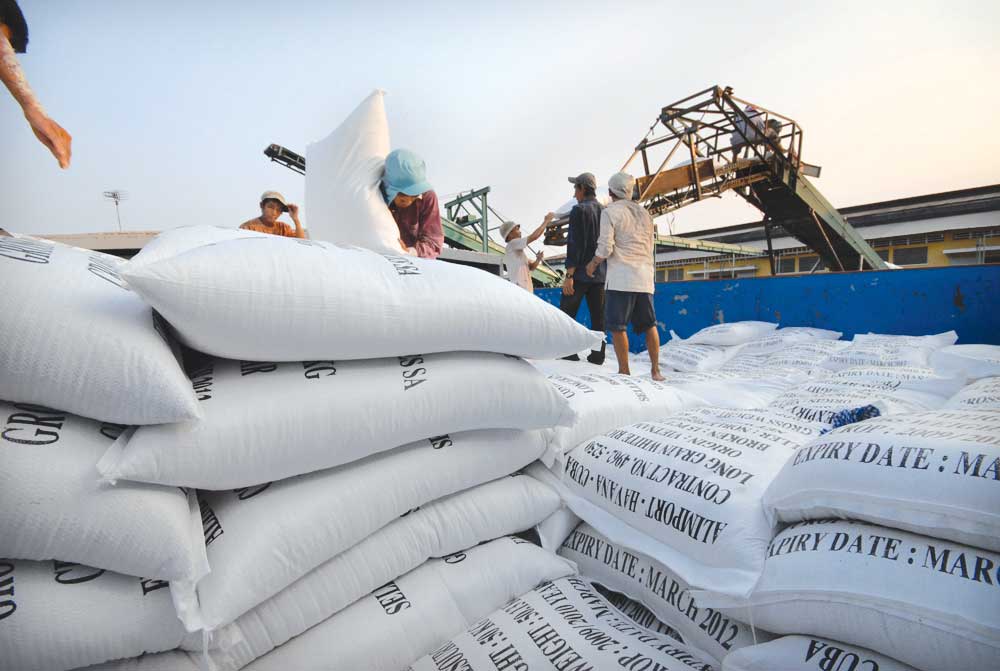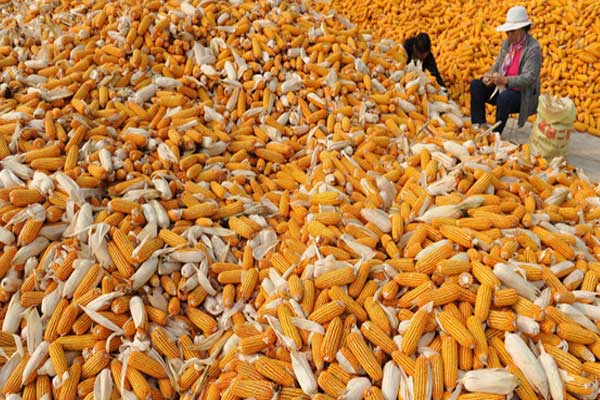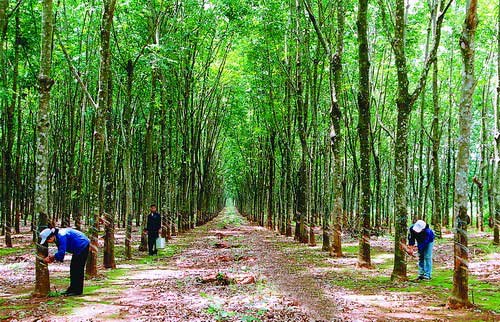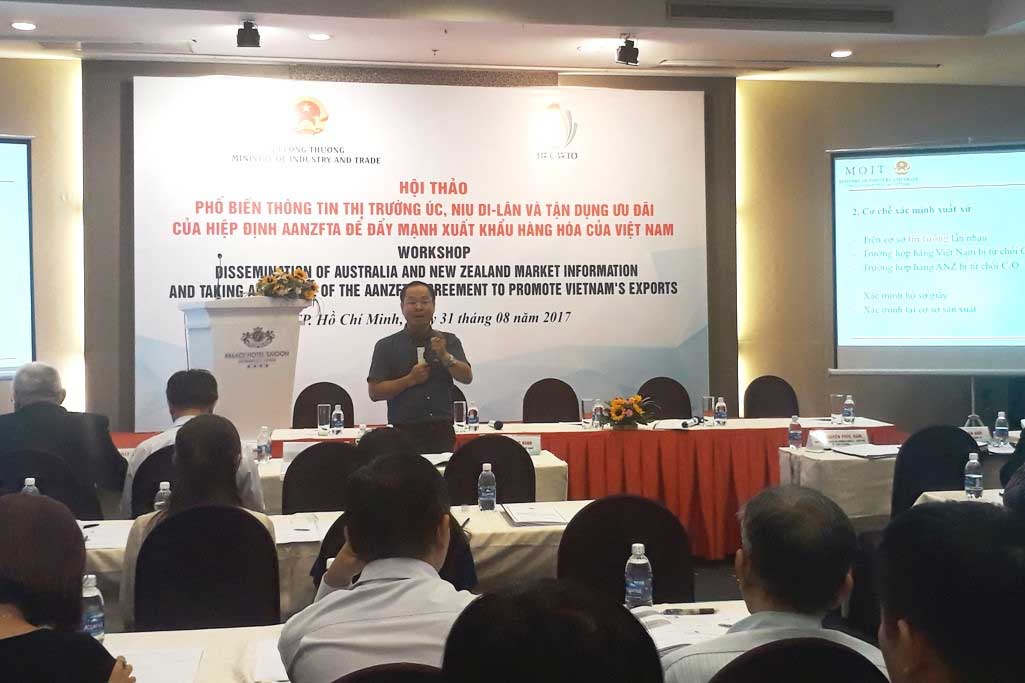Exporting rice is harder and harder
The Vietnam Food Association (VFA) does not allow traders to export rice to some markets …

On 6/6/2017, the Vietnam Food Association (VFA) issued Official Letter No. 164 / CV / HHLTVN to rice exporters, clearly stating that the two companies Vinafood1 and Vinafood2 are currently delivering It deals with the markets of Bangladesh and Malaysia, and is preparing to bid for the Philippines market, thus requiring traders not to trade with those markets or otherwise report to the Ministry of Industry and Trade.
Accordingly, Official Letter No. 164 / CV / HHLTVN clearly stated that VFA announced that Vinafood1 and Southern Food Corporation (Vinafood2) were the two focal points assigned by the Government. G2G contract signing services.
In order to prepare the source of goods and ensure effective signing and implementation of G2G contracts, traders are required not to trade, sign rice export contracts or allow rice buyers to re-export rice. Into markets: Bangladesh, Malaysia, Philippines.
This ban is enforced from now until the two corporations terminate the transaction and sign the contract.
This letter is causing the business community to export rice urgent. This is not the first time, that VFA has repeatedly issued the same ban, in Iraq, Cuba, Malaysia, Indonesia and the Philippines.
A rice exporter said: We do not oppose the regulations of the State, however, in the context of rice export market is facing many difficulties, enterprises must compete fiercely with the country. The ban on further makes the situation more difficult.
Comments on rice export activities held by VFA, TS. Vo Hung Dung, director of the Vietnam Chamber of Commerce and Industry’s Can Tho branch, said the VFA had prevented businesses from entering into commercial contracts selling rice to countries that had tendered rice imports under government contracts. Large volume, creating privilege for some G2G contracting enterprises.
State-owned rice traders often rely heavily on government contracts. Due to the barrier of the VFA, they do not struggle with competition and efforts to build their own capacity. Therefore, when the market sublimated, developed according to international demand increased, they easily sell the rice, but when the market weaken they have a deadlock. This situation has been repeated for many years until now, unchanged, causing the rice sector to deteriorate and the farmers have more difficulties … “, Dr. Vo Hung Dung said.
The Institute of Economics and Policy (VEPR) said that Decree 109 / CP issued in 2010 to now nearly 7 years of implementation, is revealing many inadequacies, need to modify to create incentives for businesses. Rice exports in particular and the rice industry in general.
TS. Nguyen Duc Thanh, director of VEPR, pointed out that because only a few enterprises have rice export licenses, while the excess supply, domestic production is too large, many small traders have to promote export activities. Small scale to balance excess supply. This small export activity accounts for a large share of the export scale, posing a potential risk to the rice market in Vietnam.
“Not only the issue of” licenses “, Vietnam’s rice export policy creates more constraints on output for private enterprises. Circular No. 44/2010 / TT-BCT, detailing some articles of Decree 109 / CP, stipulates that traders shall not trade or sign rice export contracts or allow them to re-export rice into the market. Contract focused during G2G trading; Unless approved by the Ministry of Industry and Trade in writing.
Thus, the export business of many private enterprises is allowed only in small or new markets, while large markets, with large partners, have a government-level deal, Centralized regulation, “TS. Nguyen Duc Thanh said.
From that fact, VEPR proposed to abolish the conditions for rice enterprises to have warehouses, grinders and rice mills, as well as regulations on warehouses, mills and maintenance. Minimum stock volumes equivalent to 10% of the volume of rice that traders exported during the preceding six months.
VEPR also proposed, abolish the regulations on raw material areas of rice export enterprises. Instead, it focuses on quality control of rice output, in which the rice produced must ensure safety, technical standards on pesticides and antibiotics.
VEPR also proposed to abolish the floor price of export or floor price is only internal exchange within the association. In particular, it is necessary to abolish the regulations on rice exports in the centralized market, remove the ban on traders, private enterprises exporting rice and G2G markets and abolish export conditions for exports. sew.
Regarding the conditions to become a central contract trader, VEPR recommends not assigning agents and setting the rates directly and through the authorized traders. The Ministry of Industry and Trade should build clear criteria to become the focus of transaction; Bidding on the right to negotiate and coordinate G2G contracts when there are many qualified companies.
(According to VnEconomy)




